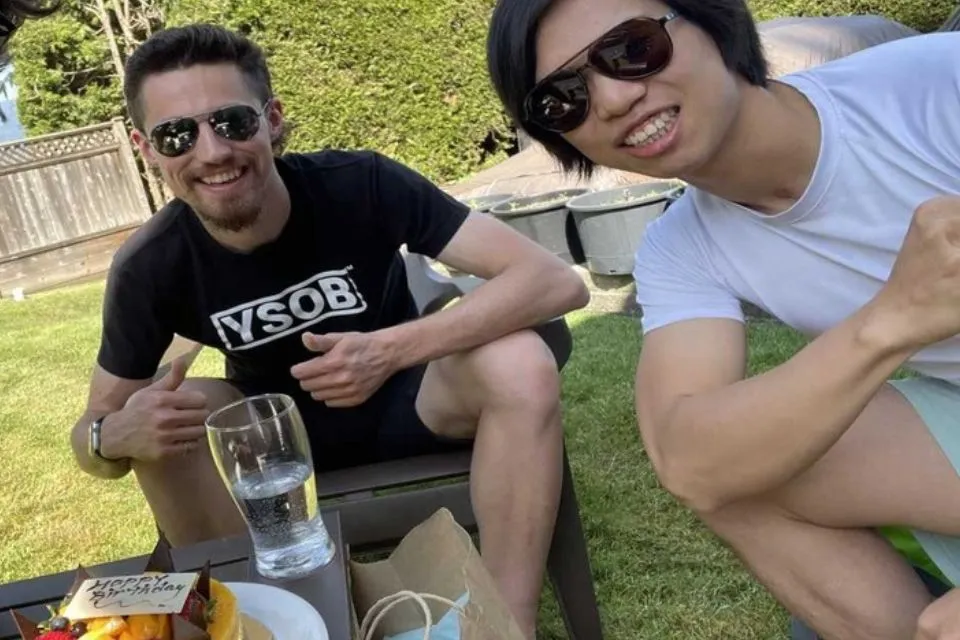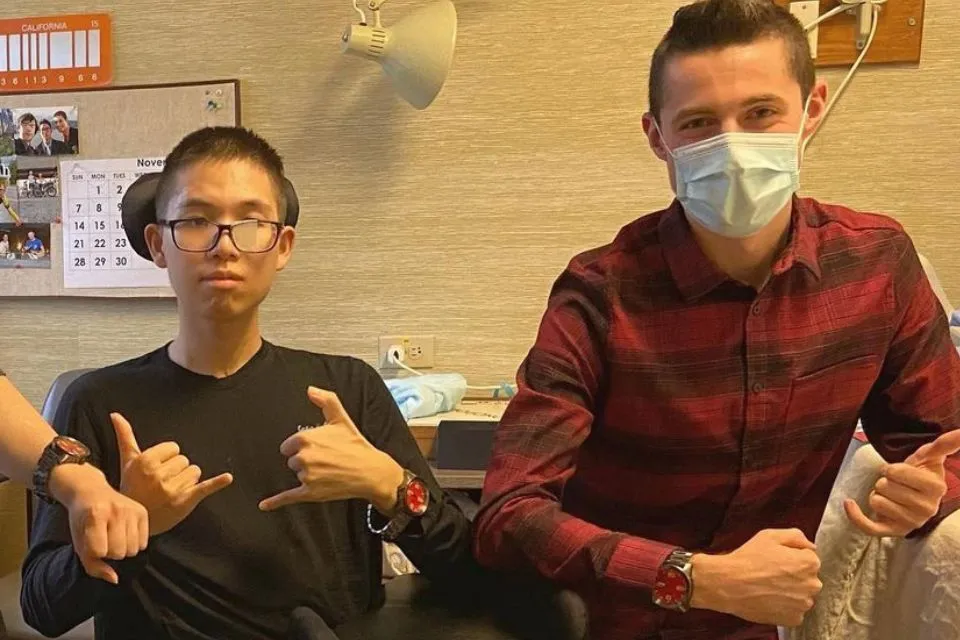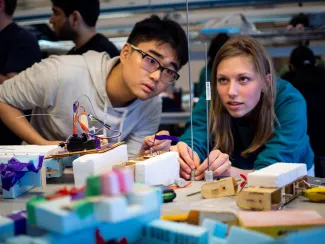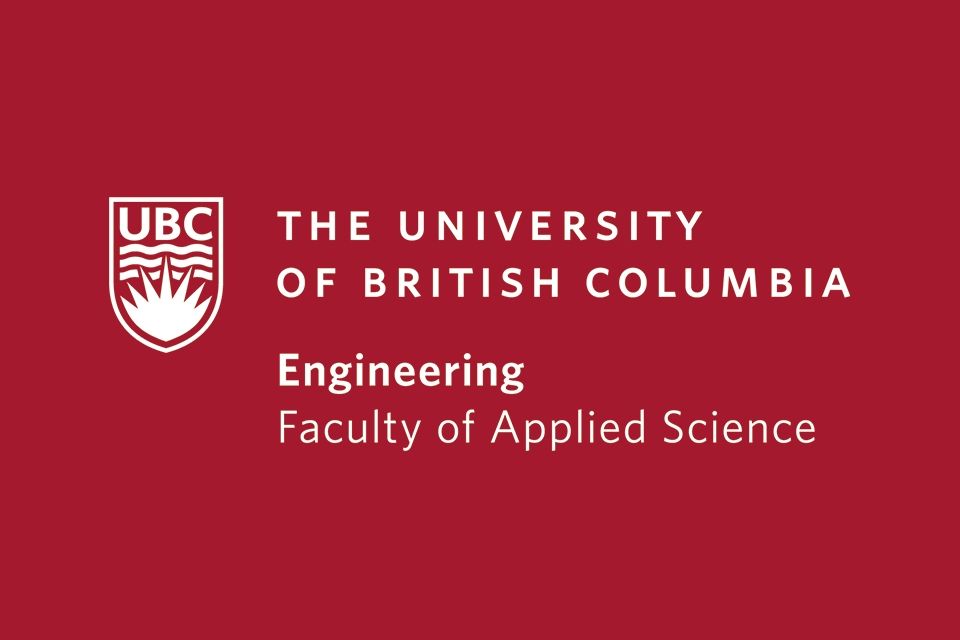"Perseverance. Commitment. Dedication. 3 imperatives to success."
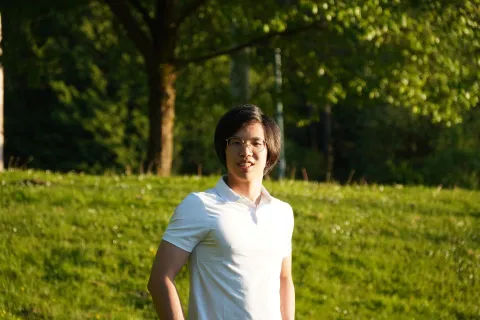
Yi Yi Du
- Degree:
- Bachelor of Applied Science
- Grad year: 2023
- Program:
- Campus: Vancouver
Why did you choose to go into your field of study at UBC?
Initially, I intended to specialize in the Thermofluid Option in the second year of my mechanical engineering degree as I was fascinated with rocket engine design. However, I had the opportunity to sit down with Professor Lyndia Wu to discuss getting involved in research at her lab, the Sensing in Biomechanical Processes Lab (SimPL). After a semester of working with graduate students at SimPL, I saw the direct impact an engineer could have on health care. I decided to apply to the Biomechanics and Medical Devices Option in Mechanical Engineering and dedicate myself to bettering health care.
Is there anything you wish you had known before you began studying your degree program?
Whether navigating through challenging problem sets or strategizing coursework for the upcoming semester to be not overly stressful, you need support and a second opinion to save you from unnecessary trouble.
Rather than prioritizing having a solid foundational scientific knowledge and understanding before starting your mechanical engineering portion of your degree, I firmly believe that building a robust support network between you, your peers, your professors and your family is the paramount goal in your first year. You will naturally reinforce the weakest links in your knowledge base as you progress through your degree toward graduation. However, to do so, you must have someone supportive to rely on when in a tricky position.
Where do you find your inspiration for using your degree to make an impact on our world?
When I attended GF Strong Rehabilitation Centre’s Acquired Brain Injury Inpatient and Outpatient Programs, I was among the few who could not independently operate a manual wheelchair or walk steadily. Gradually, I re-acquired enough balance to walk a short distance by myself; yet, to this day, I still cannot effectively operate a manual wheelchair due to my left hemiparesis. The recovery journeys that many others and I are on inspire me to use my degree in mechanical engineering to advance our understanding of traumatic brain injuries so that we can develop more efficacious devices to prevent or rehabilitate traumatic brain injuries.
How did your studies in the Faculty of Applied Science prepare you for the future of work?
Work concerning all subjects is becoming increasingly interdisciplinary. My study of mechanical engineering in the Faculty of Applied Science exposed me to a very interdisciplinary and tightly-knit work environment at Kardium Inc. during two of my co-op terms. From engineering a system that induced pulsatile saline flow patterns simulating cardiac hemodynamics in silicone heart models to supporting IDE clinical trials to bring Kardium’s ablative catheter to the U.S. market, I faced mechanical, electrical, system and surgical design challenges. To arrive at well-rounded and optimized solutions, knowledge and skillsets from many disciplines were required.
